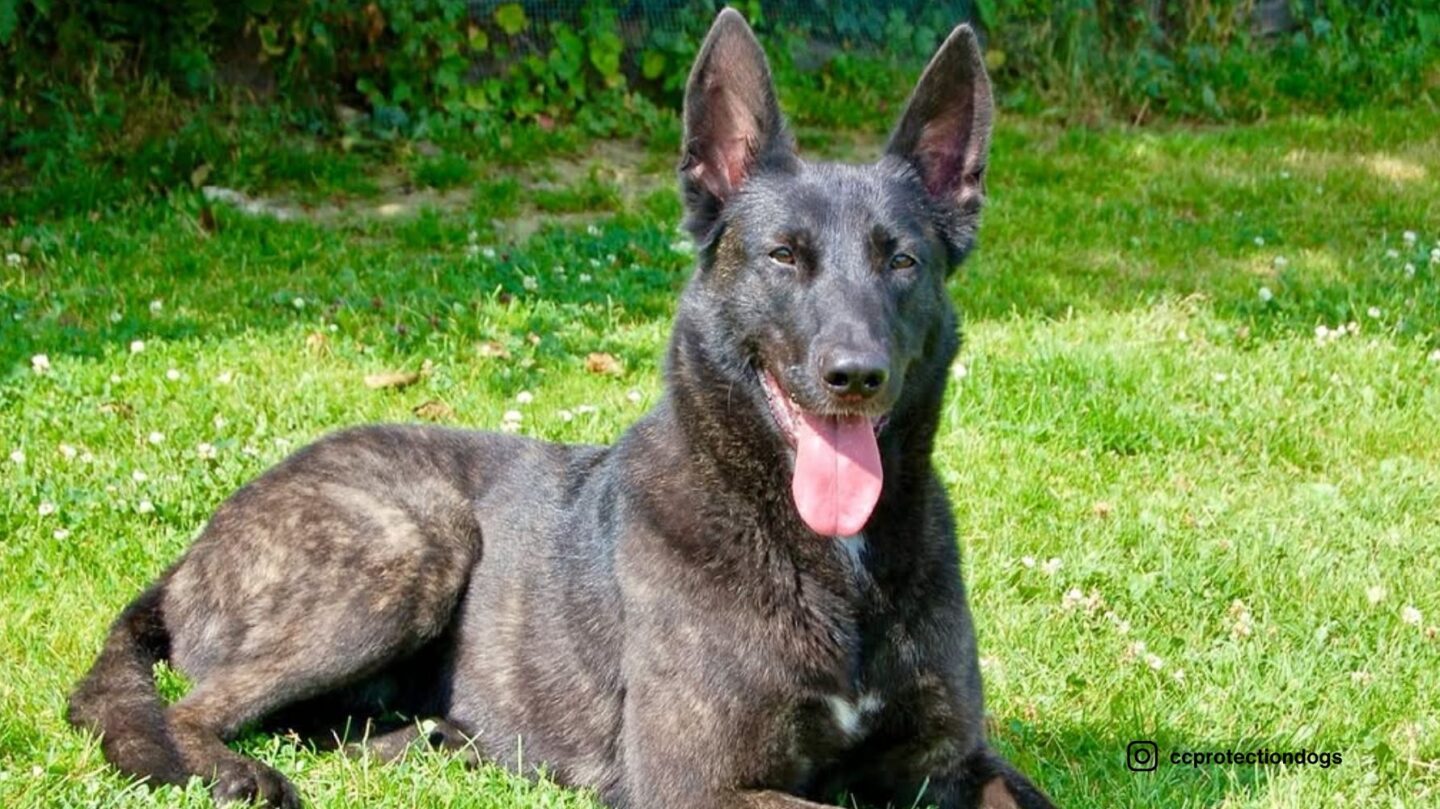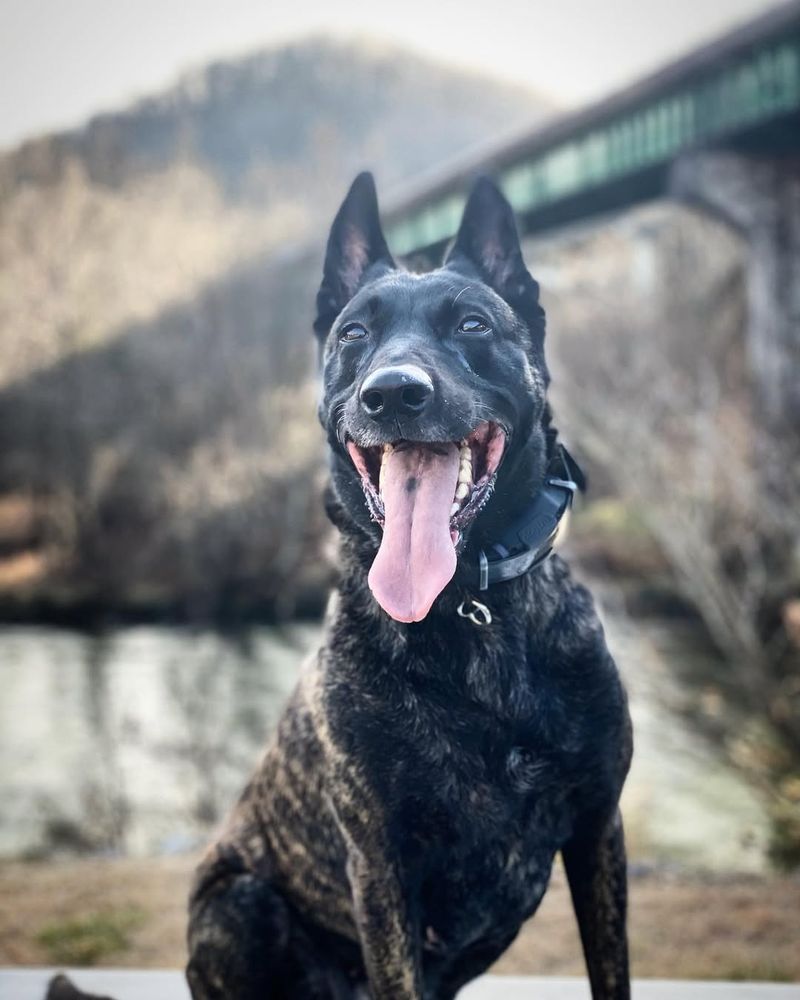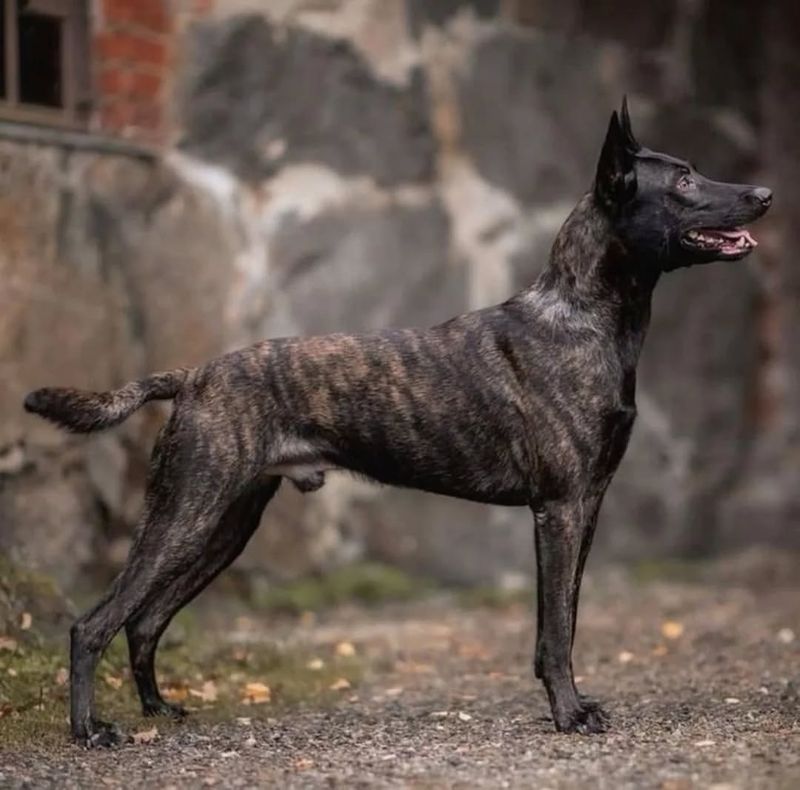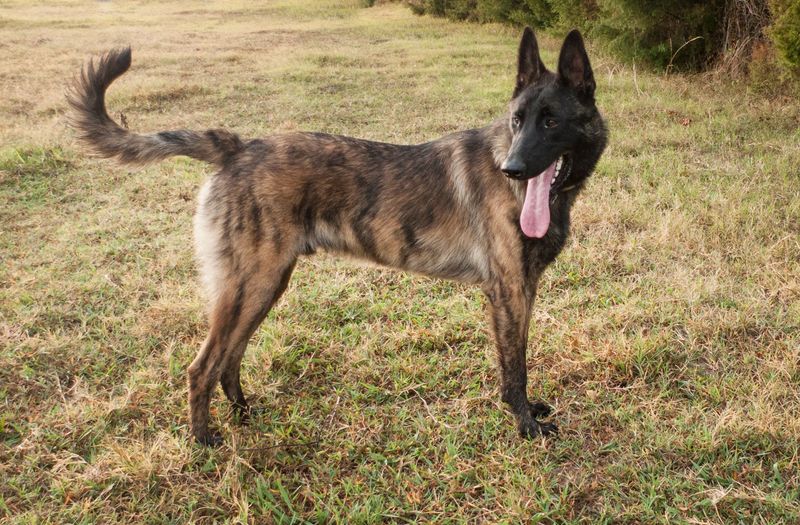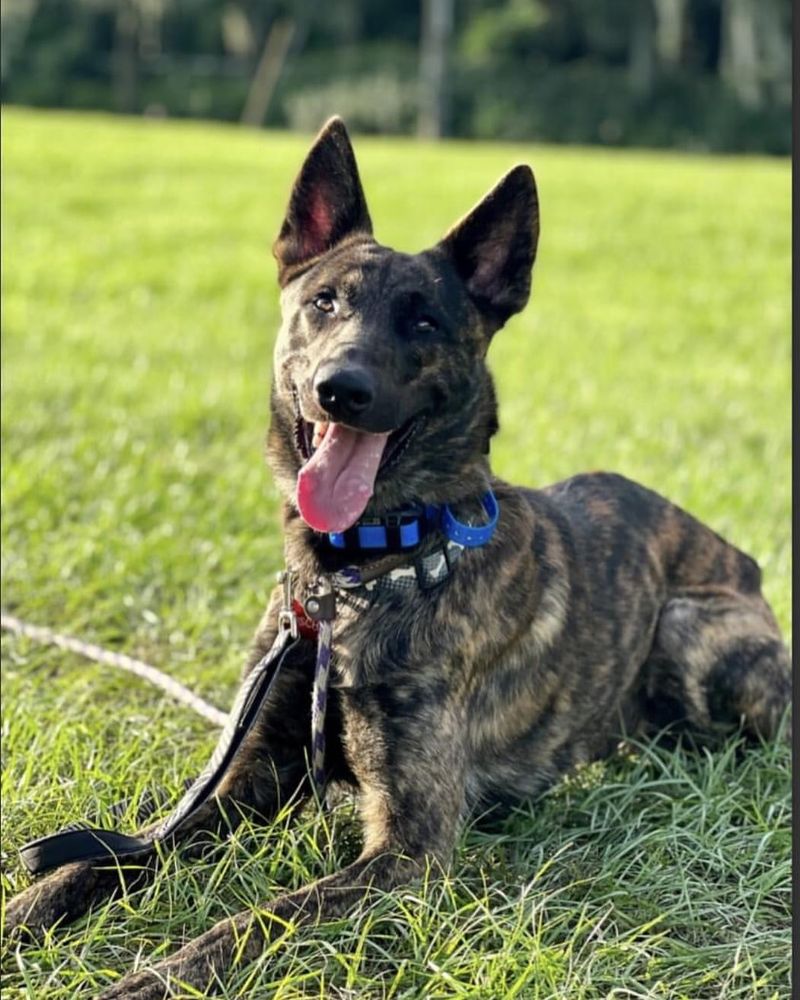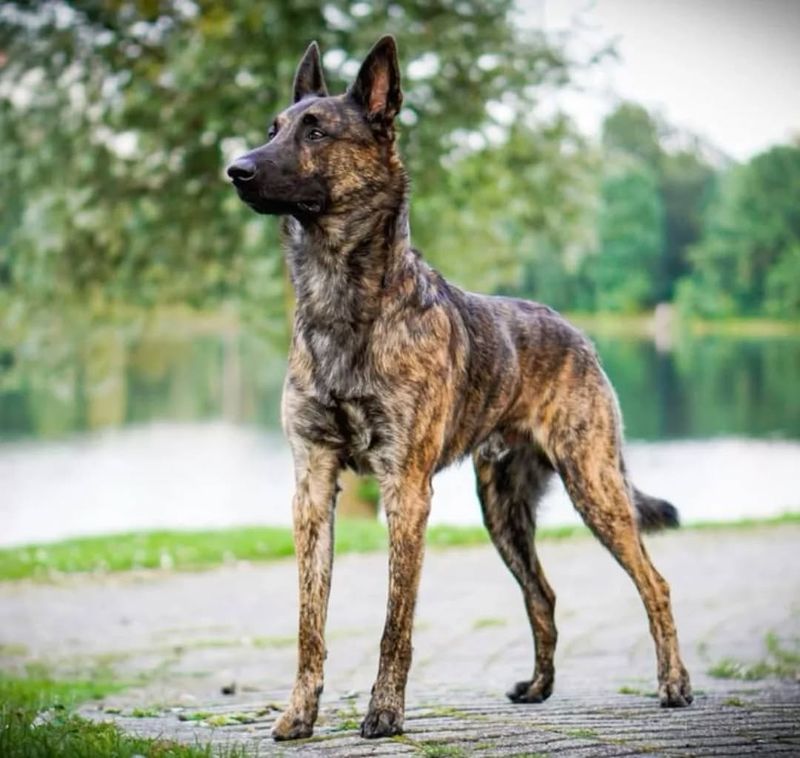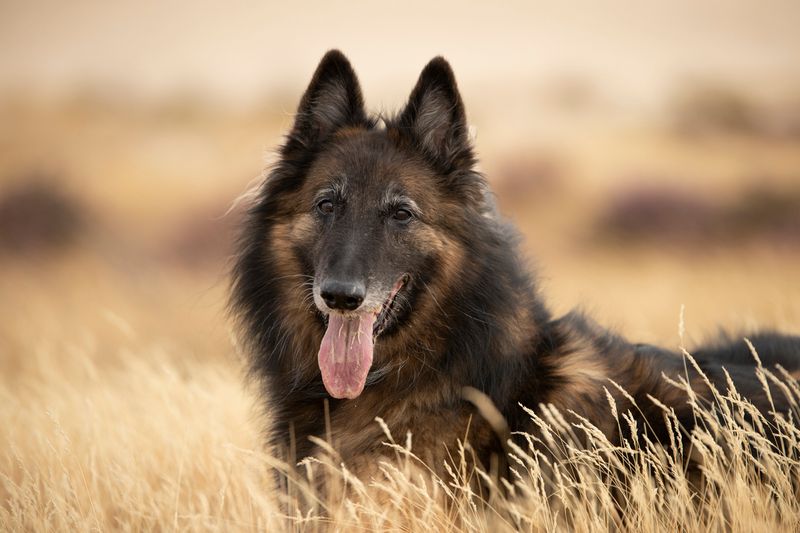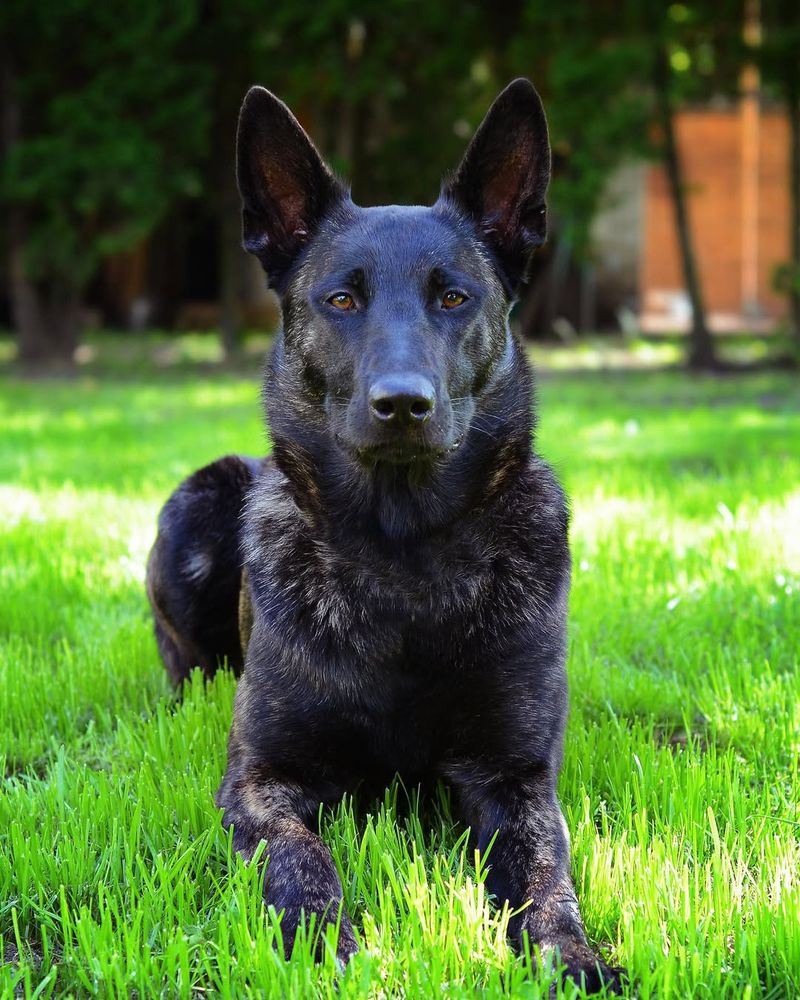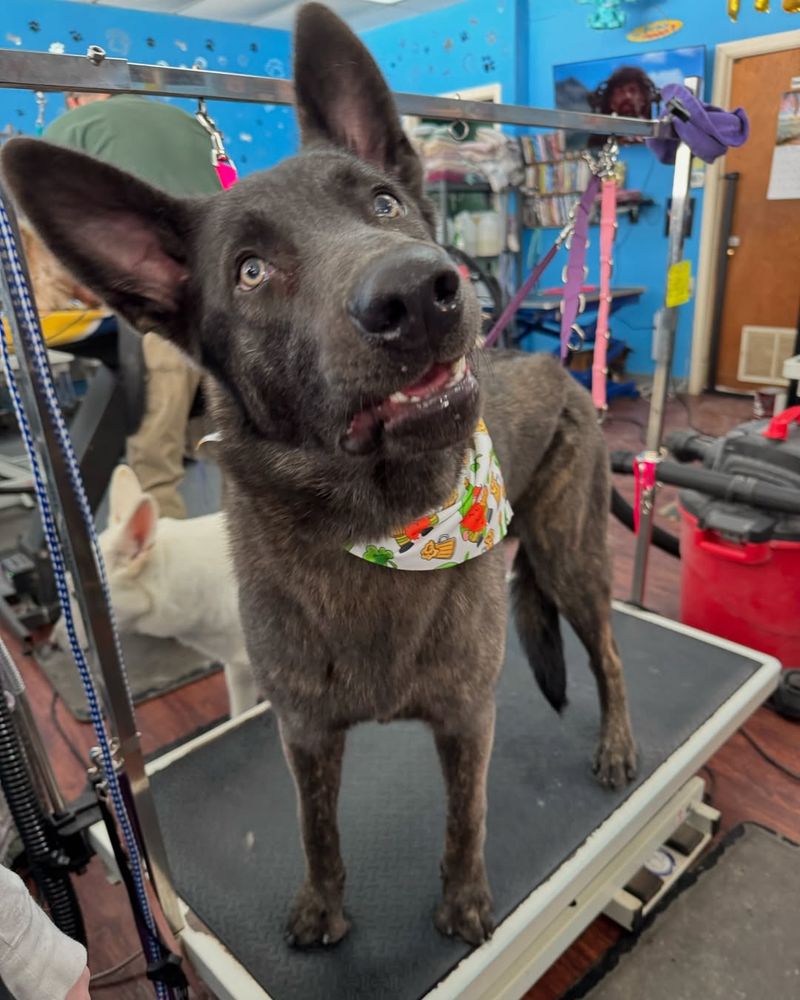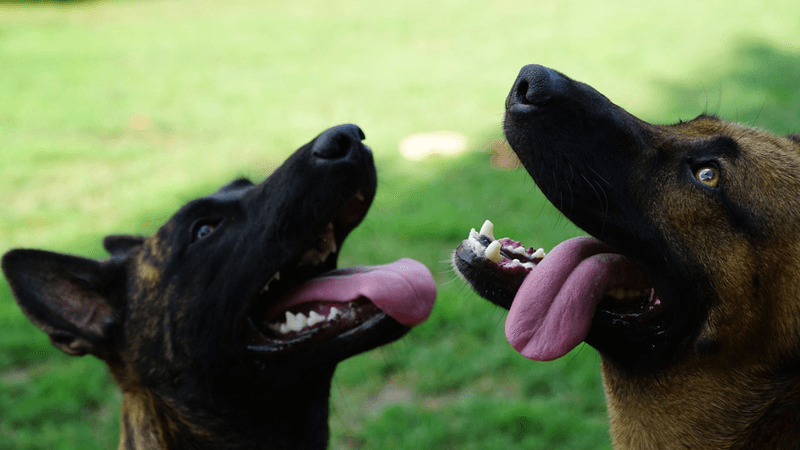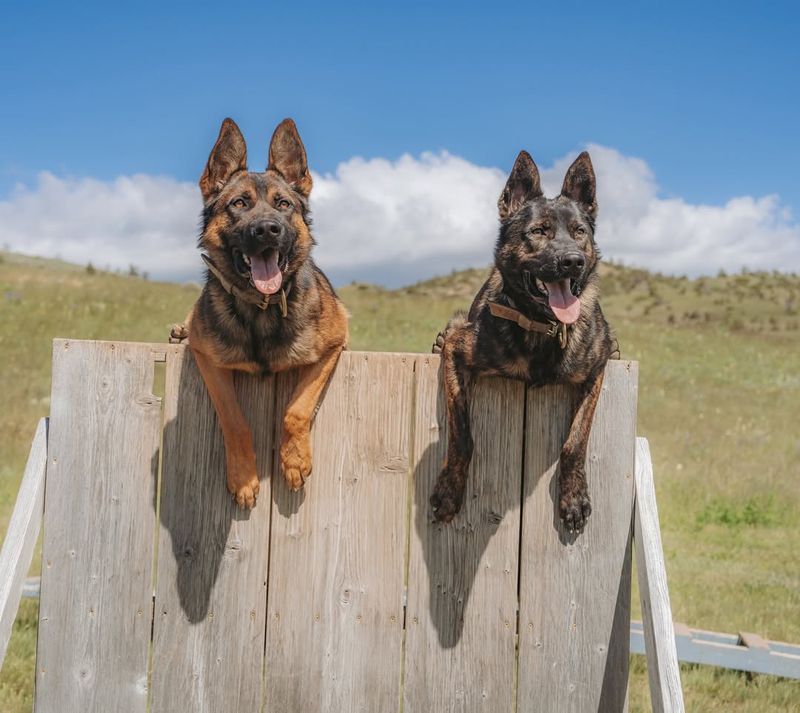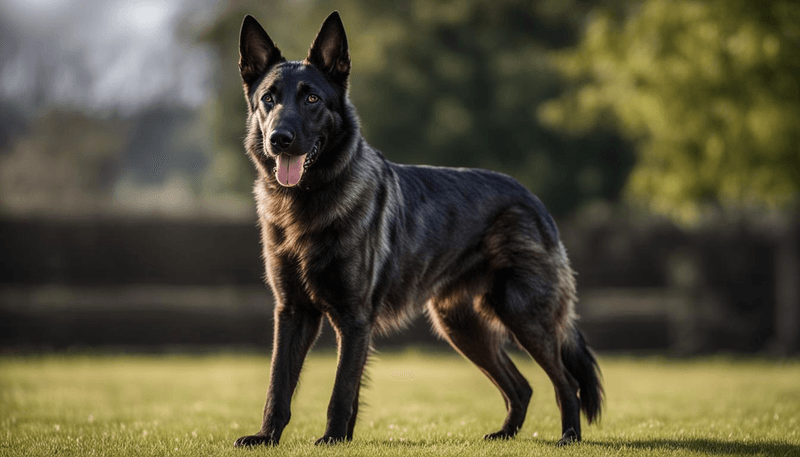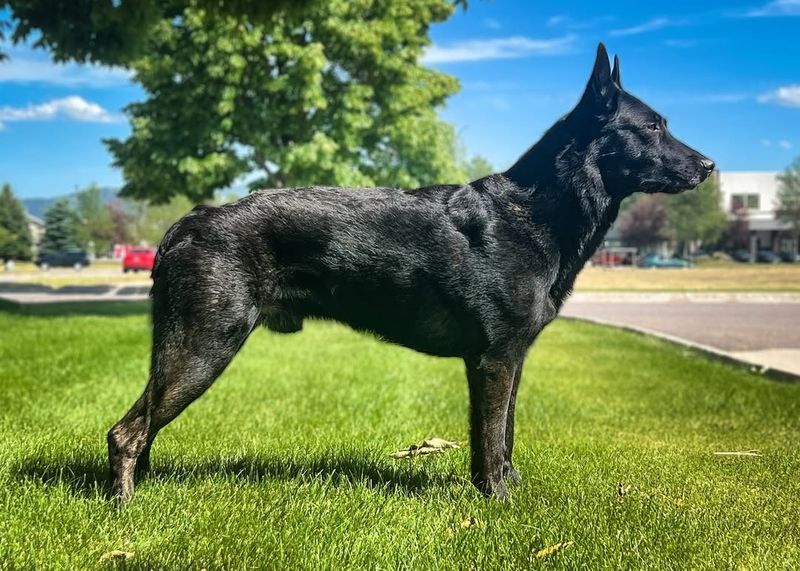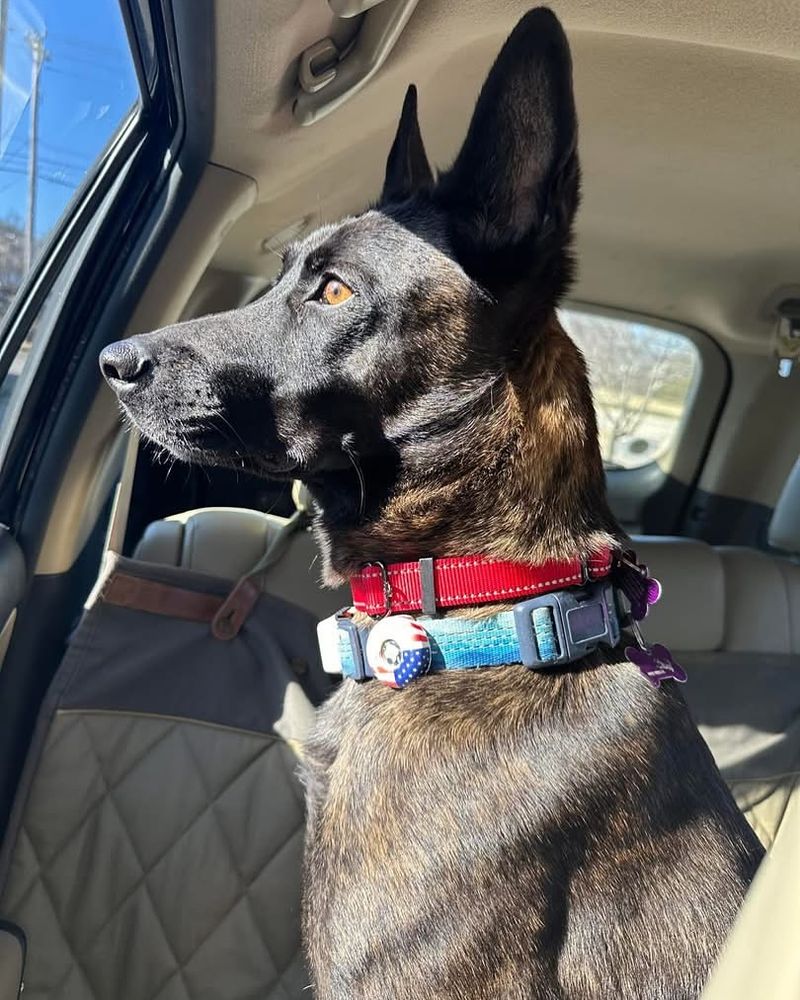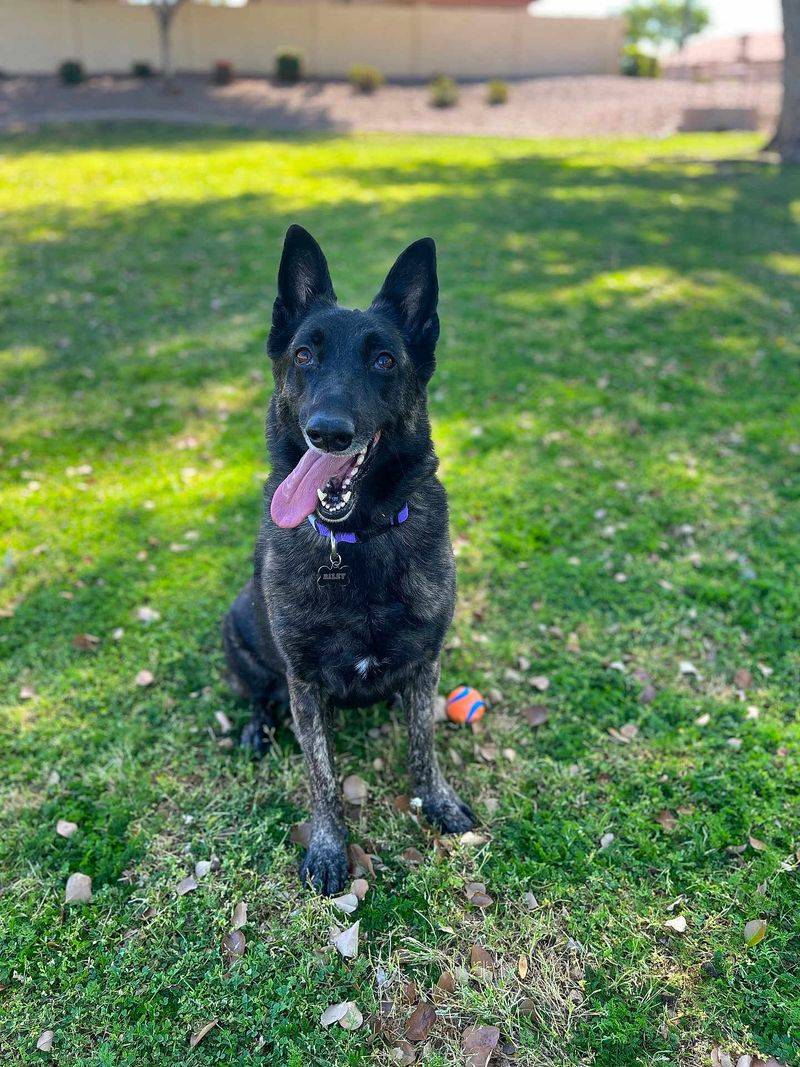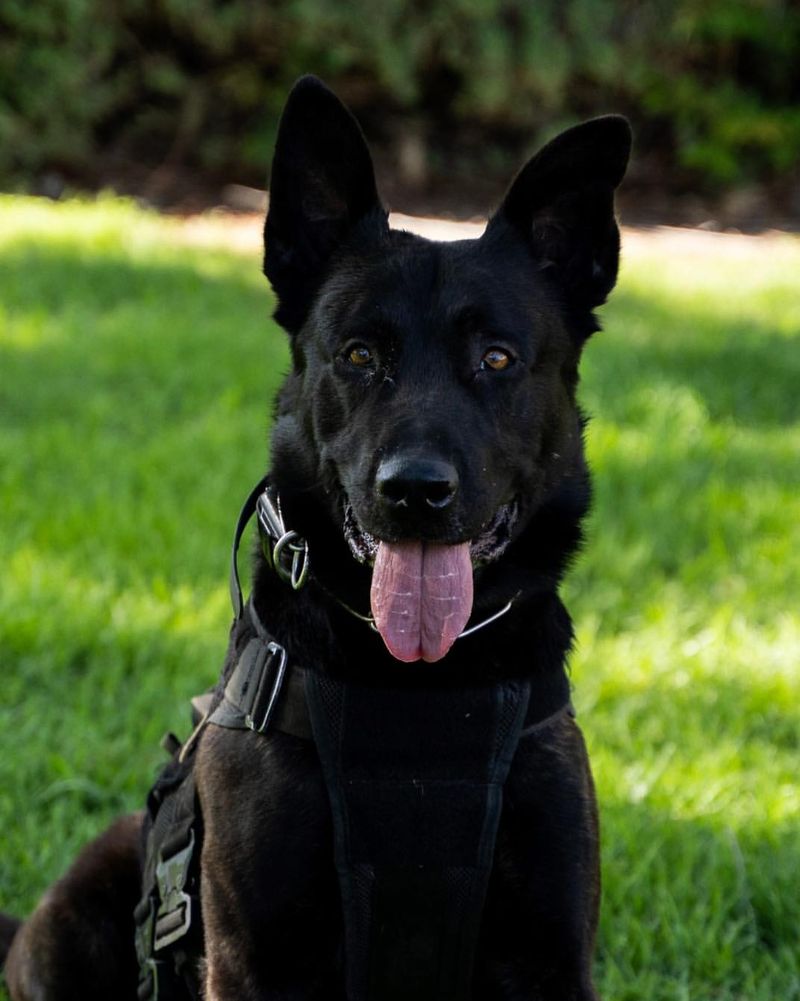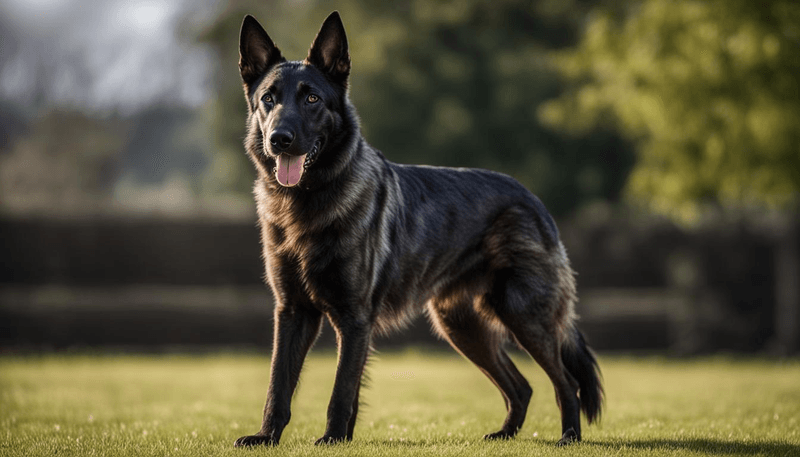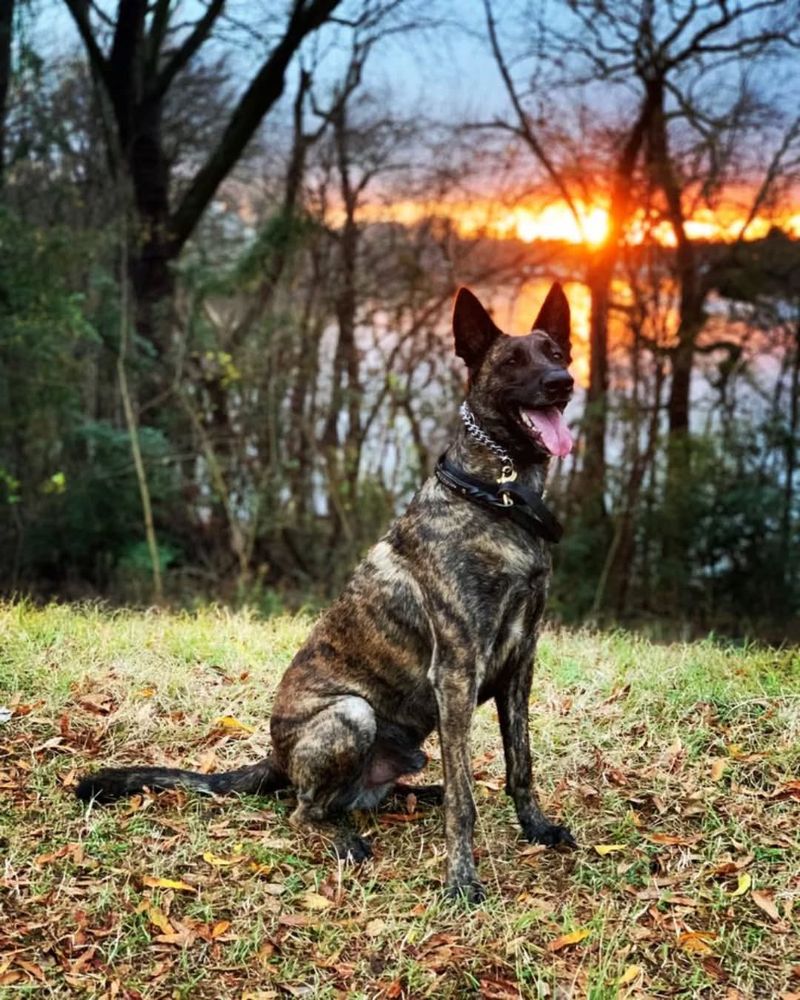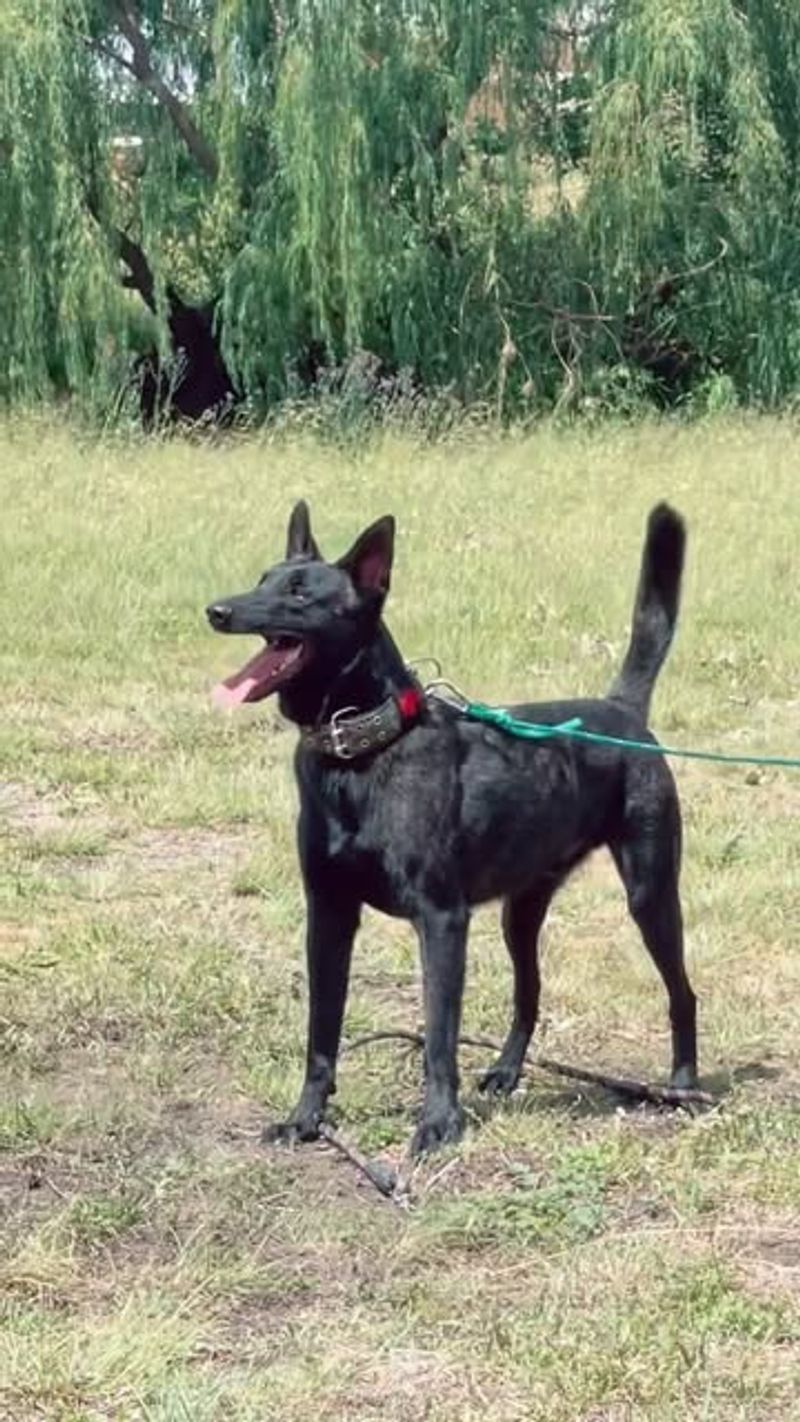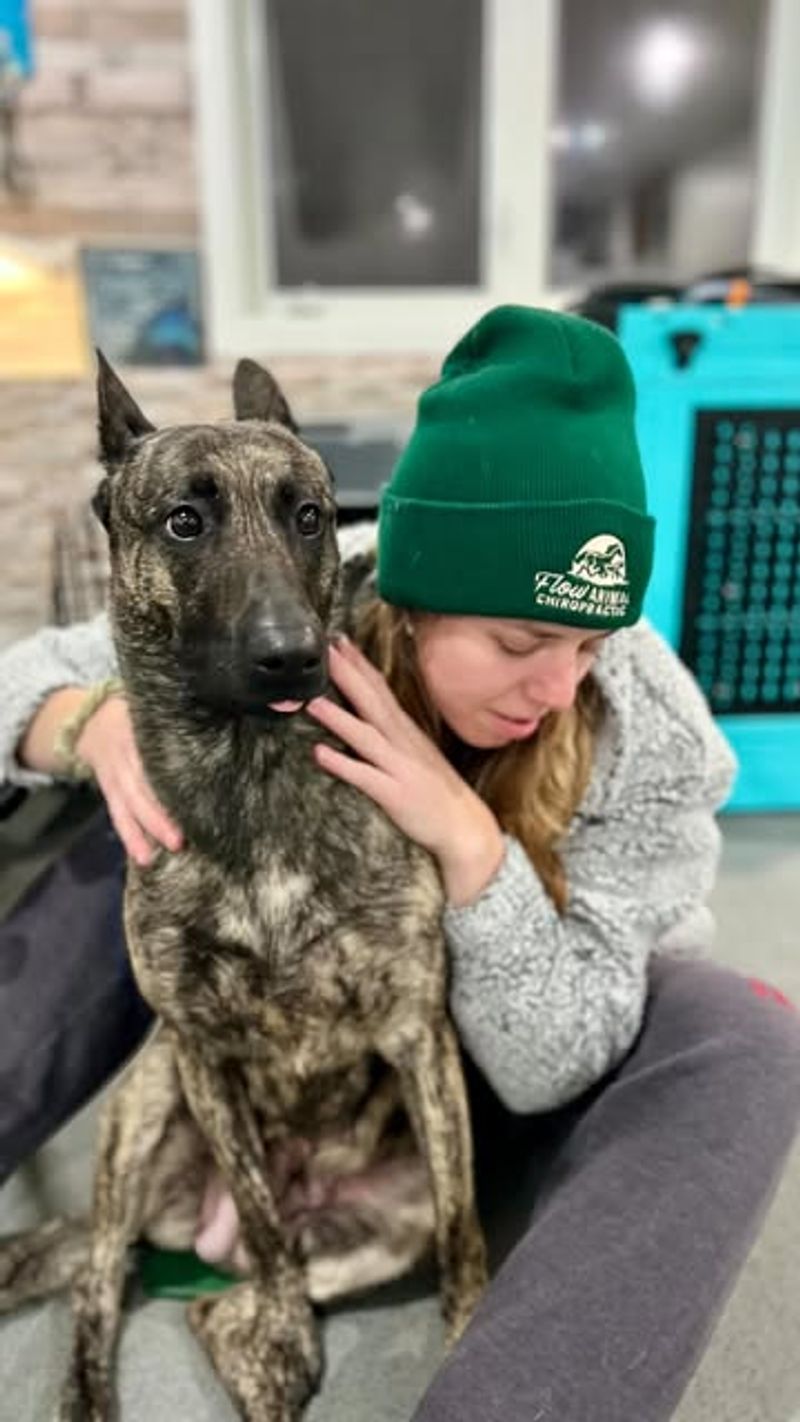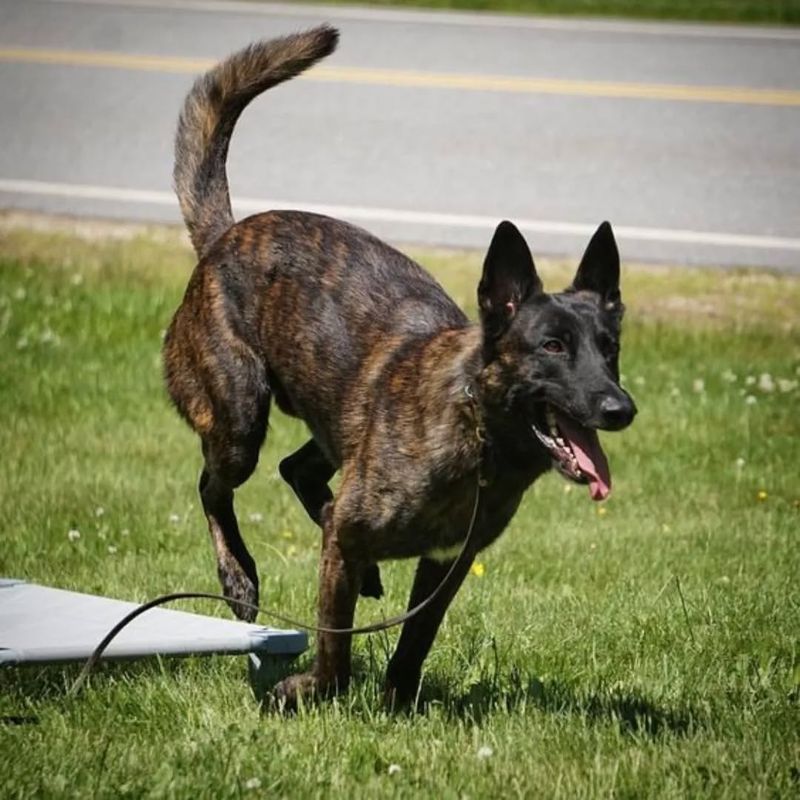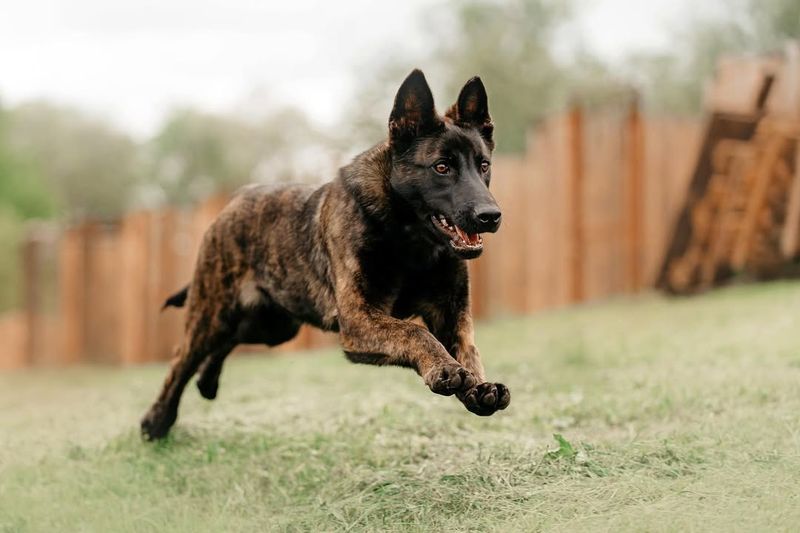Discover the fascinating world of Dutch Shepherd Dogs through these 26 essential facts. These remarkable dogs are known for their intelligence, versatility, and loyalty, making them exceptional companions and working dogs. Join us as we explore their unique traits, historical background, and various roles in modern society.
Origin and History
The Dutch Shepherd originated in the Netherlands during the 19th century. Initially bred as herding dogs, they excelled in managing livestock. These versatile dogs adapted to agricultural changes over time. In the early days, they were essential farm workers, helping with daily tasks. The breed’s development was heavily influenced by the changing Dutch landscape. As industrialization shifted agricultural practices, Dutch Shepherds found new roles. Today, they remain a testament to their adaptability and resilience. Their historical roots are deeply intertwined with their homeland’s agricultural heritage. This background contributes to their strong work ethic and intelligence.
Physical Appearance
Dutch Shepherds are medium-sized dogs known for their athletic build. They possess a distinctive brindle coat, which offers excellent camouflage. This coat can be short, long, or rough-haired, catering to various climates. Their physique is both strong and agile, reflecting their working heritage. These dogs have a well-proportioned body with a balanced gait. Their expressive eyes and erect ears give them an alert look. The breed’s physical traits are designed to support their endurance and versatility. A Dutch Shepherd’s appearance embodies their strength and capability, essential for their historical roles.
Temperament and Behavior
Dutch Shepherds are known for their loyal and intelligent nature. They form strong bonds with their families and are protective yet gentle. This breed is highly trainable, excelling in obedience. Their alertness makes them excellent watchdogs. However, they are friendly with known visitors and enjoy socialization. These dogs thrive with active families, participating in various activities. Proper training and socialization are key to managing their protective instincts. While they are gentle, they need firm guidance. Dutch Shepherds are versatile in their roles, adapting to different environments and challenges with ease.
Intelligence and Trainability
Renowned for their intelligence, Dutch Shepherds excel in various training endeavors. They quickly grasp commands and enjoy learning new skills. This breed excels in obedience and agility competitions. Their eagerness to please makes training sessions enjoyable. A consistent training approach yields impressive results. They thrive in mentally stimulating environments, requiring regular challenges. Their problem-solving abilities are notable, often finding innovative solutions. Owners must provide mental and physical exercises to prevent boredom. Engaging their minds ensures a happy and well-adjusted dog. A well-trained Dutch Shepherd is a joy to have, showcasing their remarkable intellect.
Exercise Needs
Dutch Shepherds are active and energetic dogs requiring ample exercise. Daily activities such as jogging, hiking, or playing fetch are ideal. They thrive with owners who enjoy an active lifestyle. Regular exercise is vital for their physical and mental well-being. Without sufficient activity, they may become bored and develop behavioral issues. Engaging them in varied activities helps maintain their happiness. Interactive games and agility courses provide mental stimulation. Owners should ensure a safe and secure environment for play. Meeting their exercise needs fosters a harmonious relationship. A well-exercised Dutch Shepherd is a content and balanced companion.
Diet and Nutrition
Proper nutrition is crucial for a Dutch Shepherd’s health and vitality. A balanced diet should include high-quality kibble, lean meats, and vegetables. Maintaining an ideal weight is essential to prevent health issues. Portion control and regular feeding schedules support their active lifestyle. Consult with a veterinarian to tailor a diet plan to their needs. Fresh water should always be available. Avoid overfeeding or giving excessive treats. Supplements may be beneficial, but only under professional guidance. Monitoring their dietary intake ensures optimal health and energy levels. A well-nourished Dutch Shepherd enjoys a vibrant and active life.
Health and Lifespan
Dutch Shepherds are generally healthy dogs with a lifespan of 11-14 years. Regular veterinary check-ups are crucial to monitor their health. They are prone to some genetic conditions, so screenings are recommended. Hip dysplasia and thyroid issues are among common concerns. Maintaining a healthy weight helps prevent joint problems. Vaccinations and preventatives protect against diseases. Owners should be vigilant about any changes in behavior or appetite. Timely intervention can address health issues effectively. A balanced diet and regular exercise contribute to their longevity. A well-cared-for Dutch Shepherd can enjoy a long and healthy life.
Grooming Requirements
Dutch Shepherds have low grooming needs but require regular maintenance. Their coat type dictates specific grooming routines. Short-haired varieties need minimal brushing, while long-haired ones require more frequent care. Regular brushing removes loose hair and prevents matting. Bathing should be occasional to preserve natural oils. Nails must be trimmed regularly, and ears checked for debris. Dental hygiene is crucial, with regular brushing recommended. Grooming sessions provide bonding opportunities and health checks. Early introduction to grooming ensures a positive experience. A well-groomed Dutch Shepherd is comfortable and healthy, exemplifying their low-maintenance nature.
Role as Working Dogs
Dutch Shepherds are versatile working dogs excelling in various roles. Their intelligence makes them ideal for police work and search and rescue missions. They are also adept at herding and agility sports. This breed thrives in environments requiring alertness and dedication. Their loyal nature establishes strong working relationships. They adapt quickly to new tasks and challenges. Training programs harness their potential in specialized fields. Dutch Shepherds’ keen senses and problem-solving skills make them invaluable assets. Their work ethic is unmatched, leading them to excel in demanding roles. These dogs’ contributions are vital to many sectors.
Compatibility with Families
Dutch Shepherds make wonderful family pets due to their loyal and protective nature. They bond closely with family members and are gentle with children. This breed thrives in active households, enjoying participation in family activities. Proper socialization ensures harmonious relationships with other pets. Their protective instincts offer a sense of security. However, supervision around young children is advised due to their size and energy. Training reinforces positive interactions and boundaries. Dutch Shepherds’ adaptability allows them to fit into various family dynamics. Their companionship is cherished, providing joy and security to families.
Socialization Needs
Socialization is crucial for Dutch Shepherds to develop well-rounded temperaments. Early exposure to various environments, people, and animals is essential. Positive experiences prevent fear-based behaviors. Regular interactions build confidence and sociability. Training classes and playdates encourage appropriate behavior. Controlled introductions to new situations aid adaptability. Dutch Shepherds enjoy social settings, thriving on companionship. Owners should monitor interactions to ensure positive outcomes. Continuous socialization enhances their role as loyal companions. A well-socialized Dutch Shepherd is a confident and friendly addition to any family. Their social skills contribute to harmonious living.
Training Tips and Techniques
Training Dutch Shepherds requires patience, consistency, and positive reinforcement. These intelligent dogs respond well to reward-based techniques. Short, engaging sessions maintain their interest. Clear commands and praise strengthen the learning process. Consistency is vital to prevent confusion. Training should start early to establish good habits. Socialization should be part of the training routine. Addressing undesirable behaviors promptly is crucial. Owners should be firm yet gentle, maintaining a positive atmosphere. Mental stimulation is as important as physical activity. A well-trained Dutch Shepherd is a responsive and delightful companion. Their eagerness to learn enhances the training experience.
Protective Instincts
Dutch Shepherds possess strong protective instincts, making them excellent watchdogs. Their loyalty to family is unwavering, and they are naturally wary of strangers. This protective nature extends to property and territory. Early training and socialization are essential to manage these instincts effectively. Owners should guide them in discerning real threats. While protective, they are not aggressive without reason. Their alertness ensures a quick response to unusual situations. Properly trained, they balance protection with friendliness. These instincts provide a sense of security to families. A well-guided Dutch Shepherd is both a guardian and a loving companion.
Adaptability to Environments
Dutch Shepherds are highly adaptable dogs, fitting well into diverse environments. They thrive in both urban and rural settings, provided they receive adequate exercise. Their moderate size suits apartment living if daily activities are ensured. Adaptability extends to different climates, aided by their versatile coat. These dogs handle changes with ease, from moving homes to family dynamics. Training enhances their ability to adjust to new situations. However, adequate mental and physical stimulation is crucial. A Dutch Shepherd’s adaptability makes them suitable for various lifestyles. Their resilience and flexibility are among their greatest strengths.
Interaction with Other Animals
Dutch Shepherds generally get along well with other animals when properly socialized. Early introductions to various pets ensure positive relationships. Their herding background may lead to attempts at rounding up other animals. Training helps mitigate this instinct in household settings. Supervised interactions with smaller pets are advised. Their playful nature can be harmonized with other dogs and cats. Positive reinforcement encourages gentle play. Owners should monitor initial meetings to ensure harmony. A well-socialized Dutch Shepherd fits seamlessly into multi-pet households. Their ability to coexist respectfully enhances their role as family companions.
Popularity and Recognition
While not as widely known as some breeds, Dutch Shepherds have a dedicated following. Their versatility and intelligence contribute to their appeal. Recognized by major kennel clubs, they participate in various competitions. Their capabilities in agility and obedience showcase their talents. Breed enthusiasts appreciate their work ethic and companionship. Efforts are ongoing to preserve the breed’s unique characteristics. Awareness is growing, with more families discovering their suitability as pets. The breed’s loyal nature and adaptability increase their popularity. Dutch Shepherds continue to gain recognition for their contributions to families and working roles.
Unique Brindle Coat
The Dutch Shepherd’s brindle coat is a defining feature, providing excellent camouflage. This striking pattern is unique among herding breeds. Coat types include short, long, and rough-haired varieties. Each offers distinct grooming needs and appearance. The brindle pattern offers protection in natural settings and contributes to their appeal. This coat is weather-resistant, aiding adaptability to different climates. Regular grooming highlights the coat’s beauty and maintains its condition. The brindle coloration is a hallmark of the breed, making them easily recognizable. Owners appreciate the uniqueness of their Dutch Shepherd’s coat, enhancing their visual appeal.
Role in Law Enforcement
Dutch Shepherds excel in law enforcement roles due to their intelligence and trainability. Their keen senses and agility are assets in police work. They assist in search operations, detection tasks, and suspect apprehension. This breed’s loyalty and protective instincts enhance their effectiveness in demanding situations. Rigorous training programs harness their potential, preparing them for various scenarios. Their calm demeanor under pressure is invaluable. These dogs form strong bonds with handlers, ensuring dependable teamwork. Law enforcement agencies value their contributions. Dutch Shepherds’ performance in such roles underscores their versatility and dedication.
Herding Heritage
Dutch Shepherds have a rich herding heritage, originally bred for managing livestock. Their innate herding instincts remain strong today. They excel in herding trials, showcasing versatility. This background contributes to their problem-solving skills. Training harnesses these instincts, channeling them into productive activities. Herding provides physical and mental challenges, satisfying their natural drive. These dogs’ work ethic stems from their herding past. Their ability to work independently and with direction is notable. Herding remains a fulfilling activity, honoring their origins. Dutch Shepherds’ herding prowess is a testament to their intelligence and adaptability.
Suitability for Agility Sports
Dutch Shepherds thrive in agility sports, showcasing their athleticism and intelligence. Their nimble build and quick reflexes suit various challenges. Agility training offers mental stimulation and physical exercise. Engaging in such activities strengthens the bond between dog and owner. These sports cater to their energetic nature, providing an outlet for energy. Participation enhances obedience and focus. Owners should introduce agility gradually, considering their dog’s readiness. Positive reinforcement encourages progress and enjoyment. Dutch Shepherds’ success in agility highlights their versatility. Their enthusiasm and skill make them formidable competitors.
Loyalty and Companionship
Loyalty is a hallmark of the Dutch Shepherd, fostering strong bonds with their families. Their companionship is cherished, providing comfort and security. This breed’s affectionate nature endears them to pet owners. They thrive on interaction, enjoying quality time with loved ones. Their loyalty extends to other family pets, forming harmonious relationships. These dogs are attentive, often sensing their owner’s emotions. Their presence is reassuring, offering unwavering support. This loyalty creates a deep connection, enhancing the human-canine bond. Dutch Shepherds’ companionship is both heartwarming and fulfilling, making them beloved family members.
Protection Training
Protection training enhances a Dutch Shepherd’s natural guarding abilities. This structured approach hones their instincts while ensuring control. Professional guidance is recommended to balance protection and sociability. Training focuses on obedience and response to threats. Their intelligence facilitates learning complex commands. Owners must ensure consistent reinforcement of training. Such sessions strengthen the bond between dog and handler. This training provides mental challenges, satisfying their needs. A well-trained Dutch Shepherd is a reliable protector. Their disciplined nature and protective instincts are assets to families. Effective training enhances their role as guardians.
Therapy and Assistance Roles
Dutch Shepherds excel in therapy and assistance roles due to their calm demeanor. Their intelligence aids in learning required tasks. These dogs provide comfort in various settings, from hospitals to schools. Training programs harness their potential in aiding those with disabilities. Their gentle nature and adaptability make them ideal companions. These roles require a steady temperament, which Dutch Shepherds embody. Interaction with vulnerable individuals showcases their empathy. Handlers appreciate their reliability in therapy settings. Dutch Shepherds’ contributions in these roles enrich lives. Their presence brings joy and support to those in need.
Versatility in Roles
Dutch Shepherds are versatile, excelling in multiple roles. Their adaptability allows them to transition between tasks seamlessly. They participate in herding, agility, law enforcement, and therapy. This breed’s intelligence supports diverse training regimens. Owners appreciate their willingness to learn and adapt. Each role showcases different facets of their abilities. Their work ethic and loyalty contribute to success in varied fields. The breed’s potential is limitless, thriving in challenging environments. Dutch Shepherds’ versatility meets the needs of modern society. Their contributions in multiple areas underscore their unique qualities, defining their reputation.
Importance of Early Training
Early training is vital for Dutch Shepherds to develop into well-behaved adults. Consistent and positive methods establish foundational skills. Socialization should begin in puppyhood, introducing various settings. Basic obedience commands are crucial for safety and harmony. Early experiences shape their temperament and behavior. Structured routines encourage focus and discipline. Owners should be patient, adapting training to their pup’s pace. Positive reinforcement fosters a love for learning. Early intervention addresses potential behavioral issues. A well-trained young Dutch Shepherd grows into a confident and sociable adult. Investing in early training reaps lifelong rewards.
Challenges and Considerations
Owning a Dutch Shepherd presents challenges requiring commitment and understanding. Their energy levels demand regular exercise and mental stimulation. Potential owners should assess their lifestyle compatibility. Training and socialization are crucial, requiring time and patience. Their protective instincts need guidance to prevent aggressive behavior. Grooming, though minimal, is necessary for their health. Regular veterinary care ensures a long, healthy life. Prospective owners should research thoroughly and seek reputable breeders. Understanding their needs fosters a harmonious relationship. Despite challenges, Dutch Shepherds offer unparalleled loyalty and companionship. Responsible ownership leads to a rewarding partnership.
